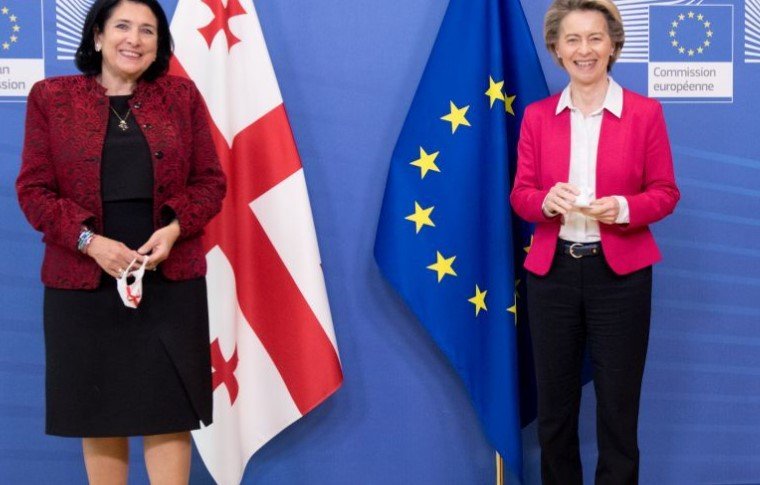Georgia stands at a pivotal moment in its history, as it navigates the complex path toward European Union membership amidst the echoes of Russian legislative influence. This article delves into the recent developments that have both advanced and hindered Georgia’s EU ambitions.
The Legislative Labyrinth
The Georgian government’s retraction of the controversial “foreign agents” law was a move that resonated across the West and Moscow, each interpreting the action through their own geopolitical lenses. The law, reminiscent of Russian policy, had threatened to derail Georgia’s EU accession talks by casting doubt on its commitment to European values.

The initial proposal of the law sparked widespread concern, suggesting a step back from the democratic principles championed by the EU. The swift backlash from civil society and international observers led to its withdrawal, but the episode left lingering questions about Georgia’s direction.
The EU’s Stance
The European Union has been clear in its expectations for Georgia: reforms in human rights, judicial independence, and political polarization are non-negotiable stepping stones on the path to membership. The proposed law had stood in stark contrast to these requirements, suggesting a divergence from the EU trajectory.
Georgia’s aspirations to join the EU are not just about policy alignment but also about embodying the spirit of European unity. The EU’s recommendations are not merely bureaucratic hurdles but are fundamental to the ethos of the union that Georgia seeks to join.
Russia’s Reaction
While the West viewed the retraction of the law as a positive step, Moscow saw it as a validation of its own legislative approach. The Kremlin could interpret this as evidence that not all nations aspire to Western-style governance, and that its influence remains potent in the region.
The situation in Georgia serves as a microcosm of the broader struggle for influence between Russia and the West. As Georgia continues to define its identity and future, the outcome of this struggle will have significant implications for the country and the region.
